
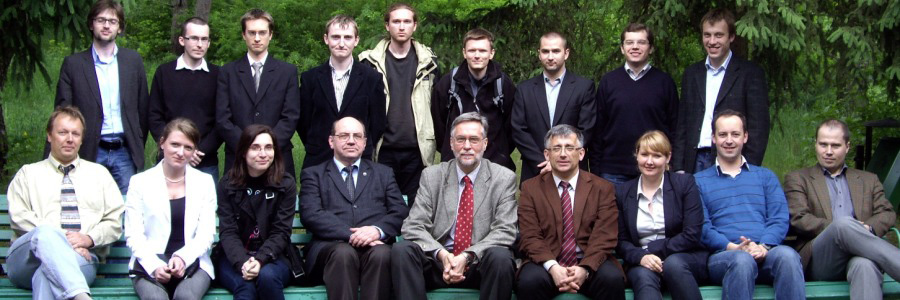
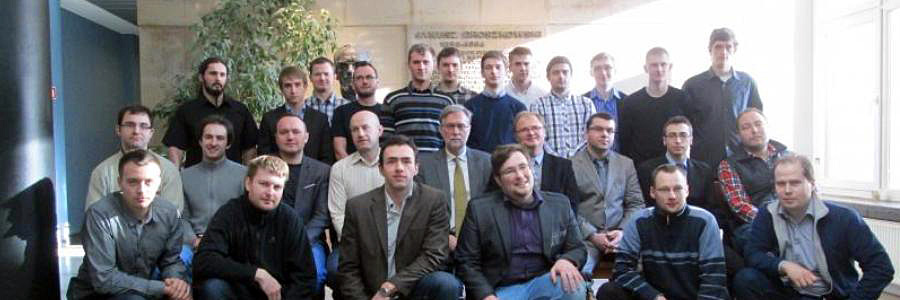
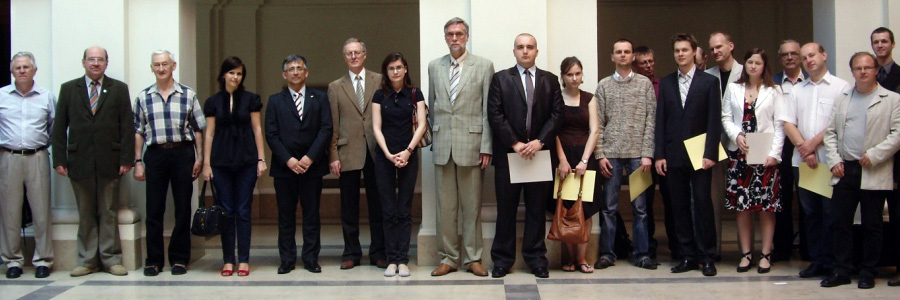
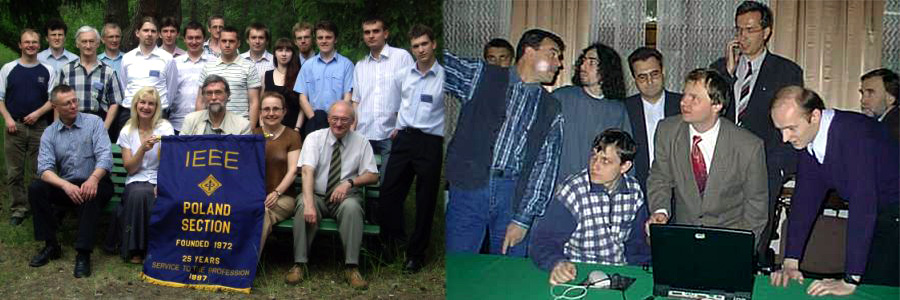


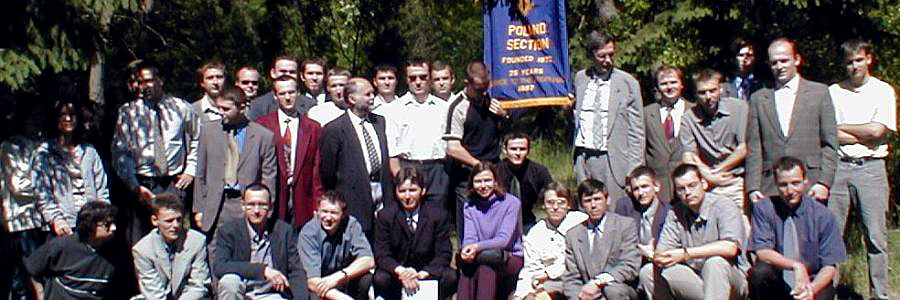
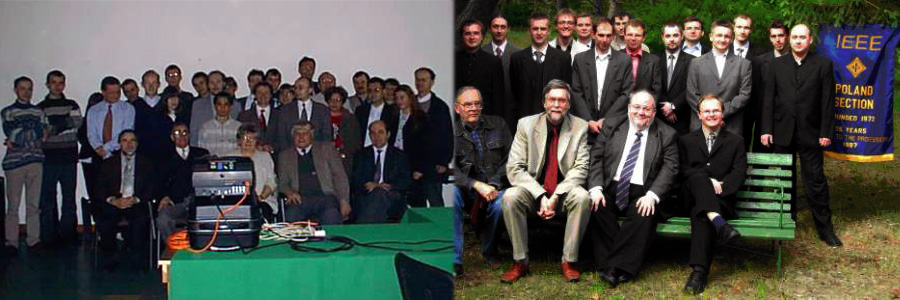
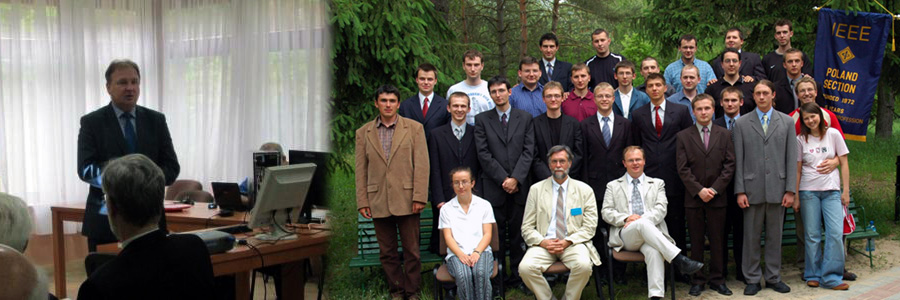
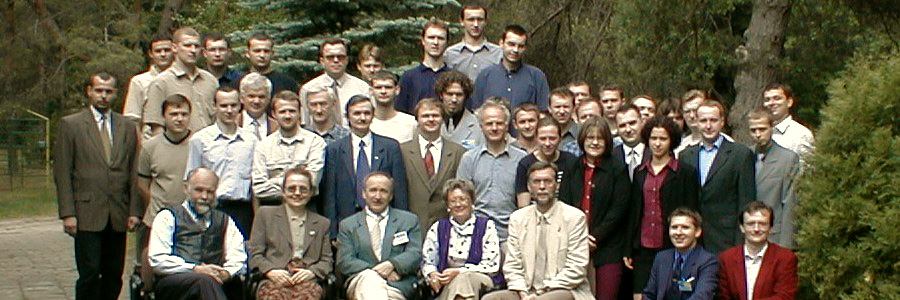
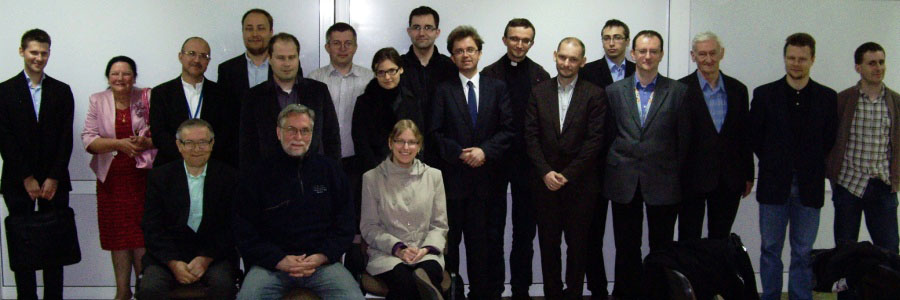
Modelling of soft fault propagation in sequential circuits by fuzzy-logic simulations
Reliability analysis plays significant role in development of space applications, where today, Field Programmable Gate Arrays (FPGAs) are employed very often, especially because of the fact that they may hold implementation of custom fault mitigation techniques. While transient (soft) faults, caused by the space radiation, such as Single/Multiple Event Upsets (SEU/MEUs) or Single Event Transients (SETs) can be generated inside the FPGA or propagated from other circuits in digital system, the FPGA may implement redundancy (mainly hardware or time domain) to protect whole system from functional interrupt. Currently, space FPGA engineers face challenges both at design and verification stages of their applications. Common questions are related to selection of target FPGA, optimal combination of fault mitigation techniques to be implemented, estimated reliability for target radiation environment as well as finding reliability bottlenecks. Many previous works focused on analysis of fault propagation in terms of static and formal analysis, while the methods used to analyze real-life design examples are still basing on statistical analysis of fault injection effects. Both solutions have significant limitations. The authors of this paper propose novel approach to modelling of soft faults propagation effects by simulation in fuzzy logic domain that is compatible with commonly used FPGA design and verification process and provides good balance between analysis time and reliability estimation accuracy.
Author: Andrzej Cichocki









